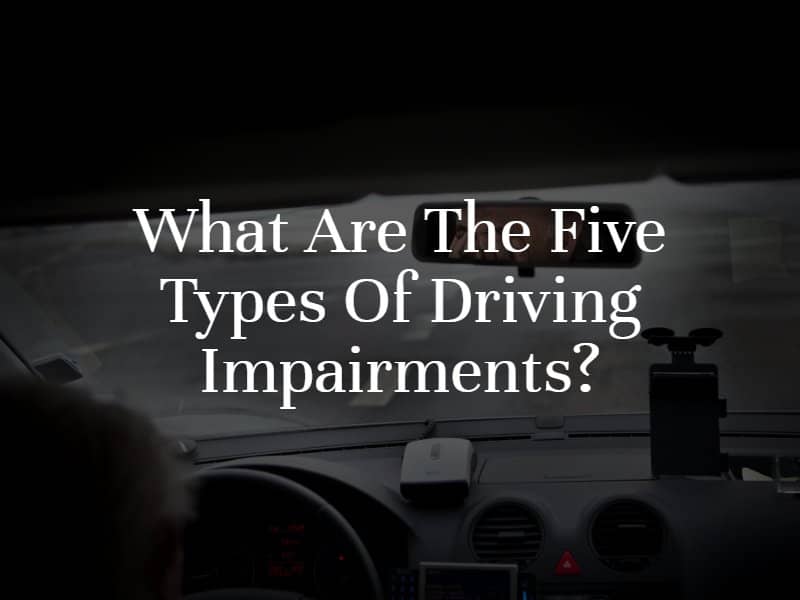call for your free consultation
- About
- Personal Injury
- Mass Tort
- Class Action
- AT&T Breach Threatens Data Safety of 73 Million People
- CaseyGerry Investigates Reports of Unintended Automatic Braking in Honda Passports and Insight Model Years 2019 to 2022
- Wells Fargo Sued Over Intentionally Underplaying Fake Account Scandal
- Honda Sticky Steering Wheel Issue
- Tesla Class Action Lawsuit
- CaseyGerry Investigates Tesla’s Misleading Marketing Practices for ADAS Capabilities
- View All +
- Results
- Resources
- Blog
- Contact
- Español

 Distracted Driving
Distracted Driving